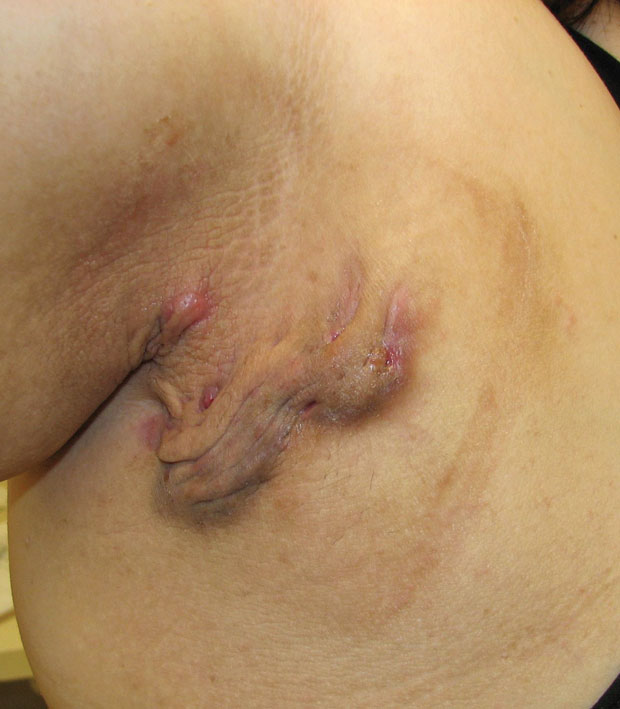Crunching the numbers in primary care
This issue outlines whether better billing is worth the increase time, more expert opinion on COVID-19, and motivational interviewing.
It's well known that primary care physicians are pressed for time, but a recent modeling study put some numbers on the ways that pressure may be affecting their bottom line. According to Medicare claims data, if a doctor provided prevention and coordination services to half of all eligible patients, excluding annual wellness visits, and billed for them, $79,029 and $86,082, respectively, could be added annually to their practice's revenue. That money is left on the table because the complexity of the codes and the time needed to use and apply them may discourage physicians from making the effort, experts said. Our story looks at where and how physicians might be undervaluing their time and offers tips, including a new resource from ACP, to bill for all of the care they're providing.
The COVID-19 pandemic has been a time of uncertainty and upheaval for both patients and physicians. Everyone, everywhere, has at some point in these past two-plus years found themselves struggling and trying to find ways to cope. Our story looks at the role spirituality may play in helping come to terms with the unknown in medicine and in life, and how acknowledging different belief systems can deepen the physician-patient relationship and strengthen the meaning clinicians find in their profession.
In clinical news about the pandemic, ACP and Annals of Internal Medicine held their 10th COVID-19 online forum on Sept. 7, where infectious disease experts from around the country weighed in on current clinical challenges with prevention and management. Our story offers a summary of the discussion's high points, including questions regarding the optimal timing of the new bivalent booster shots and the best use of antiviral therapy and monoclonal antibodies, especially in vulnerable populations. (A full recording of the forum is available to view online at the Annals of Internal Medicine website.)
For physicians counseling patients on making a behavior change, motivational interviewing can be helpful—if used correctly. If patients are not yet ready to stop smoking or start exercising, for example, the technique won't do much good, but when they are, it can be a game-changer. A story reviews the skills needed to practice motivational interviewing, defined by the acronym OARS: Open-ended questions, Affirmations, Reflective listening, and Summaries. In this, as with most things, practice makes perfect, experts said.
Also in this issue, ACP's President reiterates the value of primary care, our Washington Perspective columnist reviews recent landmark legislation, and our Pearls from I.M. Peers columnist explains how the "ketchup rule" can help you diagnose cirrhosis, and other disorders too.
Do you provide more care than you're able to bill for? Let us know at immatters@acponline.org.
Sincerely,
Jennifer Kearney-Strouse
Executive Editor




